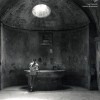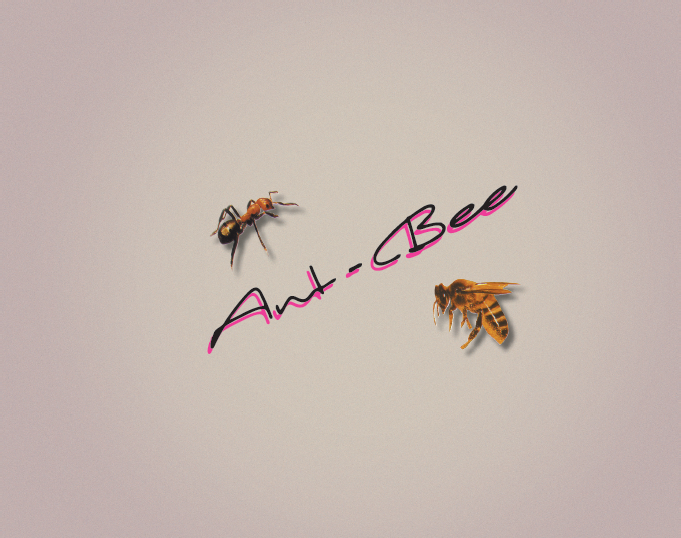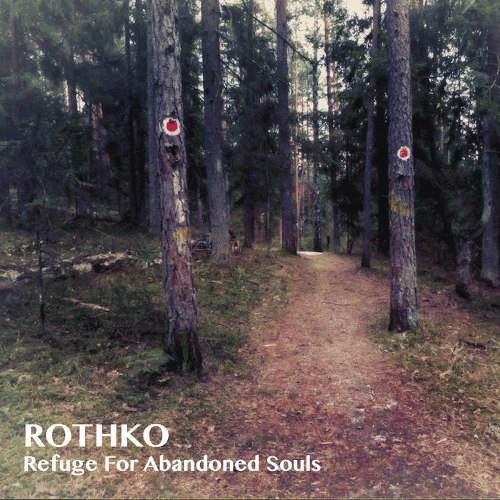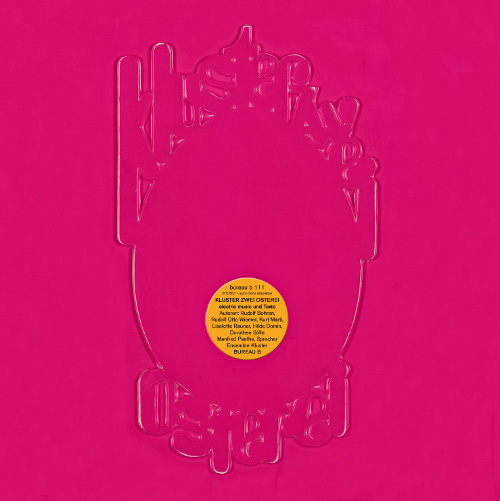 Hélène Breschand plays her harp in as wide a variety of ways as is possible to imagine (and some which might be less obvious), at times sounding like she is letting rip in an electric guitar, prepared piano, zither and effects pedals all simultaneously. What it doesn’t really sound like is the limpid waftings of angels serenading the hosts of heaven, unless said host happens to be in a very avant-garde state of mind at the time. As side A draws to a melancholic close, it plinks, bends and twangs with softly swerving resonances and reverberations, plus the occasional whack of the harp’s frame for good measure.
Hélène Breschand plays her harp in as wide a variety of ways as is possible to imagine (and some which might be less obvious), at times sounding like she is letting rip in an electric guitar, prepared piano, zither and effects pedals all simultaneously. What it doesn’t really sound like is the limpid waftings of angels serenading the hosts of heaven, unless said host happens to be in a very avant-garde state of mind at the time. As side A draws to a melancholic close, it plinks, bends and twangs with softly swerving resonances and reverberations, plus the occasional whack of the harp’s frame for good measure.
This is meditative music, but not the kind full of new age vapidity; rather it is the sound of a musician exploring and stretching the boundaries of her instrument with a deep concentration. Her (presumably) furrowed brow and the evident rapt attention paid to the sounds she is making is audibly transmitted directly to the listener; and is a joy to be swept up by and absorbed into.
-Richard Fontenoy-



